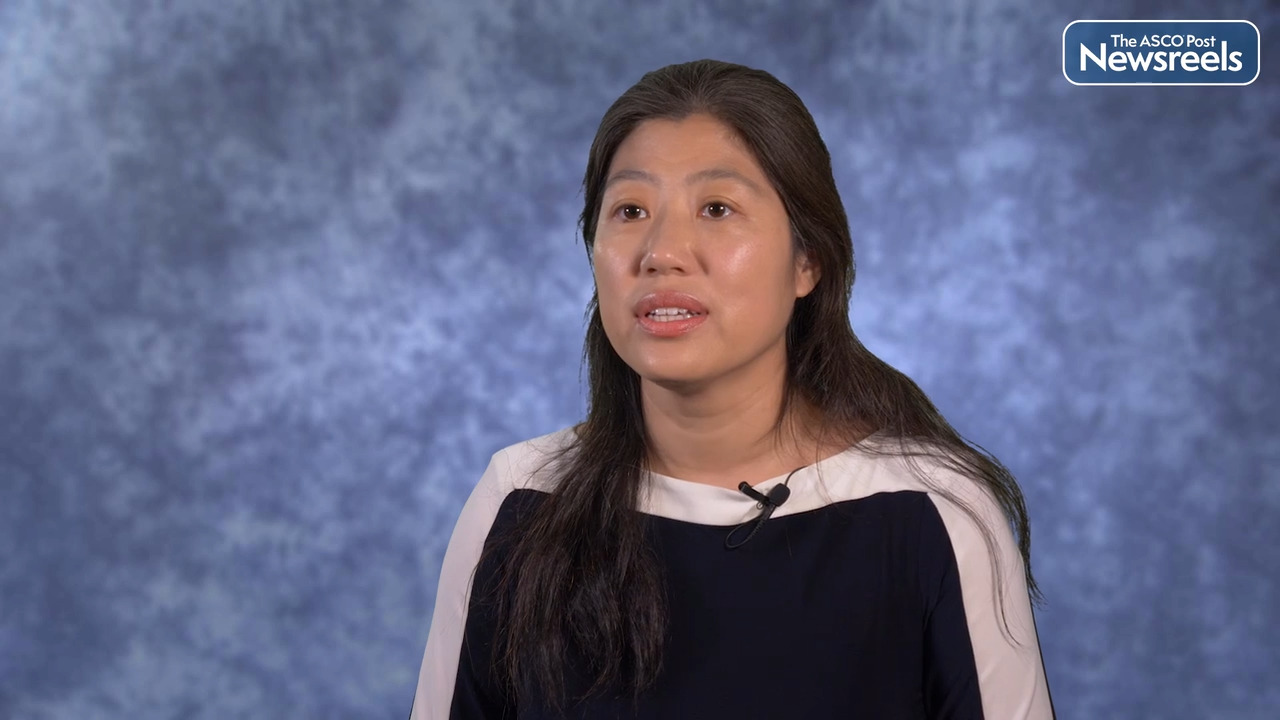Transcript
Disclaimer: This video transcript has not been proofread or edited and may contain errors.
One of the problems that we have in a medical community is the accrual of racial and ethnic minority. Participation in clinical trials has been an ongoing challenge, despite multiple efforts dating back to 1993 with the NIH Revitalization Act.
So as part of our clinical trial called GETSET, which is under Alliance Research Cooperative Groups, we decided to take a look at the enrollment patterns as well as site level predictors to see if it's related to black participant recruitment.
Now, under alliance, there are four membership types. There's the academic sites, there's the main member sites, and one is accruing versus non-accruing. And then there's also NCORP sites, which means NCI Community Oncology Research Program sites.
So when we look at the accrual trajectories, what we saw was that for the first few months, no black participants were accrued compared to our non-black participants, where only the first two months there were no one accrued. But then there was a sharp increase in the rate of accrual compared to our black participants. And so we also looked at site level predictors, and the two statistically significant predictors were geographic region as well as the neighborhood racial composition. And so what we saw was that for geographic region, there was a higher proportion of black participants accrued to our study in the south regions as well as the northeast. And then when it came to neighborhood racial composition, what we saw was that the higher the proportion of blacks in the neighborhood, the higher proportion of black participants that were accrued to our study.
Now, surprisingly, when we looked at the alliance membership types, like I mentioned earlier, the NCORP sites actually had not accrued many black participants at all. But a limitation was the small sample size. So we will plan to repeat our analysis once we reach full enrollment.
So some of the key findings we saw was that if we put our clinical trials that are part of a research cooperative group in neighborhoods where black participants live, then we are more likely to accrue black participants.
In addition, when it came to our NCORP sites, there were a small number of black participants accrue, but this might be due to site level predictors that we did not measure. However, we will do so at full enrollment.
One thing for us to keep in mind is that when we actually want to target increase in enrollment of racial and minority participants in our clinical trial, it has to start with us. It has to start with the study design, and we can't be afraid to set targeted percentage of accrual of these populations.
In addition, I think, we also have to continue work because we know that there are also barriers at multiple levels that we can address going further.





